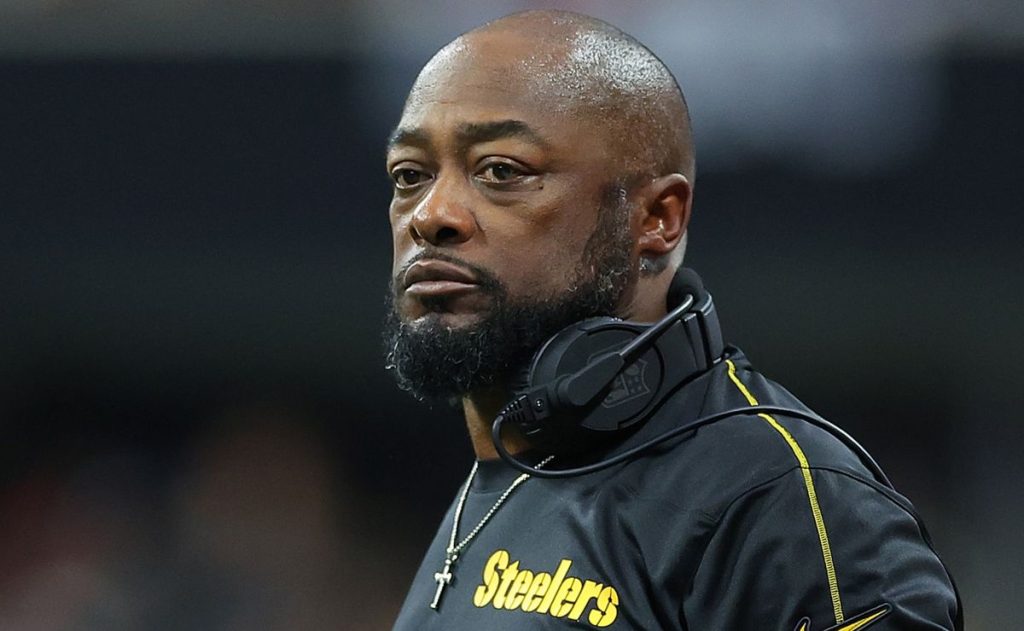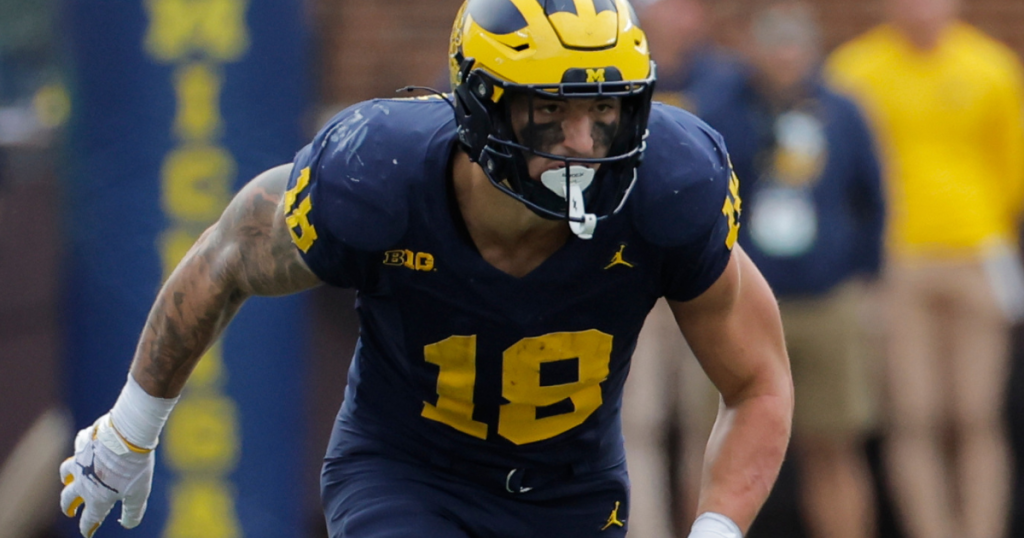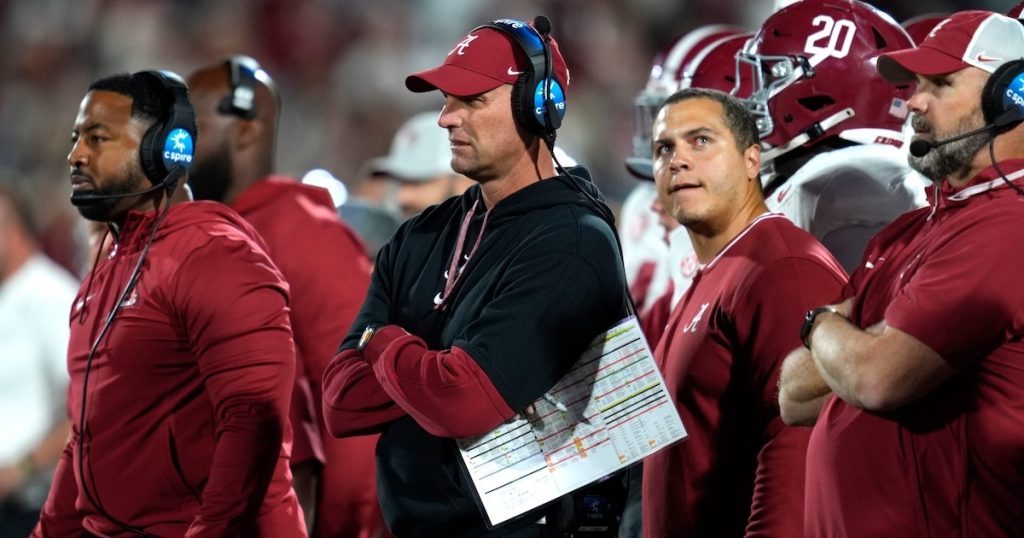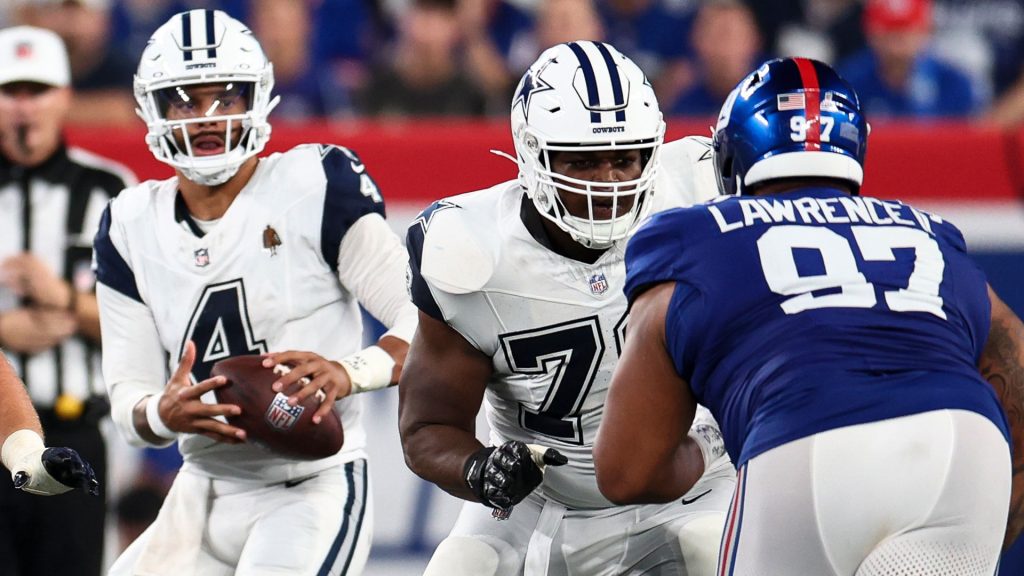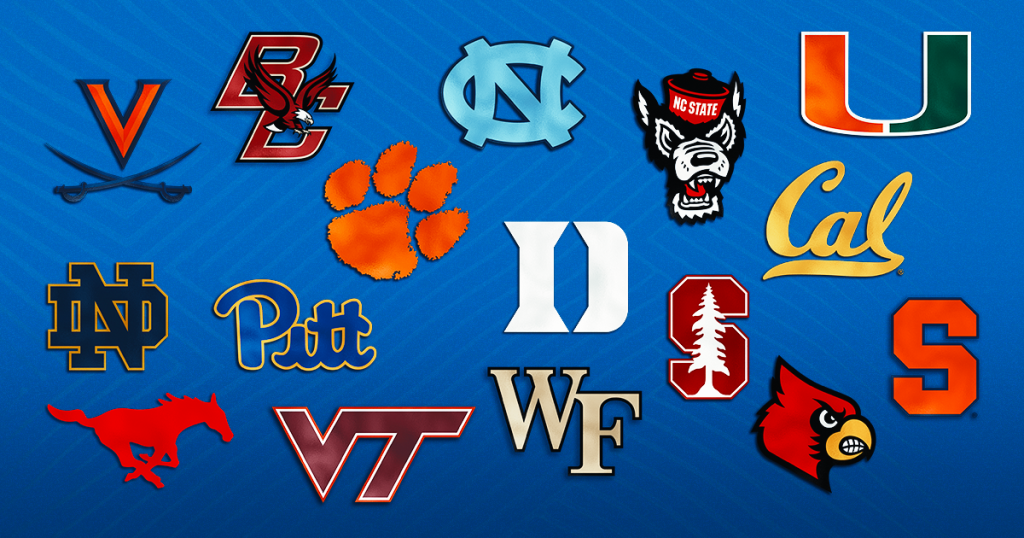Nick Saban, the iconic figure in college football, recently shared insights into his decision to retire, revealing the significant influence of his wife, Miss Terry. During an appearance on “The Pivot” podcast with Ryan Clark and Channing Crowder, Saban expressed how her honest feedback prompted a moment of deep reflection, ultimately reshaping his illustrious career.
The Impact of Relationships in College Football
Saban recounted a poignant moment that sparked this introspection. He shared, “In the end, the last year, we always have the parents over on Saturday night for karaoke and all the players on Sunday morning for breakfast when we’re recruiting.” This tradition highlighted the importance of personal connections in the sport. However, Miss Terry’s concerns about the changing dynamics of college football struck a chord with him.
She approached him one day with a simple yet profound question: “Why are we doing this?” Saban was taken aback and asked her to elaborate. Her response revealed a growing frustration: “It’s always about relationships, but now it’s about how much money you’re going to pay them.” This shift from nurturing relationships with players to focusing on financial incentives—especially in the era of name, image, and likeness (NIL)—left Miss Terry feeling disconnected from the very essence of college football.
Transforming Landscape of College Football
As the landscape of college football evolved, so did Saban’s perspective. Miss Terry’s frustration was not just about the changing nature of recruitment but about the loss of personal connections that had defined their experience in the sport. After leading Alabama to six national championships and creating countless memories, Saban decided it was time to step back from coaching. The game had transformed into something he and Miss Terry no longer recognized, yet their commitment to fostering meaningful relationships remained at the core of Saban’s legacy.
Reflecting on this transformation, Saban acknowledged the bittersweet nature of his retirement. He had achieved unparalleled success, but the sport he loved was becoming increasingly commercialized, overshadowing the personal bonds that made coaching so rewarding.
Nick Saban’s Career Regrets
In addition to discussing his retirement, Saban opened up about a significant career regret during the podcast. When asked if he had any regrets, he pointed to a pivotal moment: leaving college football for the NFL. “When I left LSU, that was probably professionally the biggest mistake that I ever made,” Saban admitted. He enjoyed his time coaching in Miami, but it became clear to him that college football offered a unique opportunity to develop players more intimately than the professional level.
This revelation was compounded by a question posed by his agent at the time: Did he want to build a legacy akin to Bear Bryant in college football or pursue the prestige associated with Vince Lombardi in the NFL? This dilemma weighed heavily on Saban, and ultimately, he chose the path that led him back to college football, where he could cultivate young talent and build lasting relationships.
The Legacy of Nick Saban
Throughout his storied career, Saban has cemented his place as a legend in college football. With a remarkable seven national championships—one at LSU and six at Alabama—he has earned accolades as a five-time SEC Coach of the Year and a two-time AP Coach of the Year. His journey is a testament to the power of resilience, dedication, and the importance of relationships in the world of sports.
As he reflects on his career, Saban’s insights serve as a reminder that success in college football is not solely measured by wins and losses, but by the connections forged along the way. The relationships built with players, families, and the community are what truly define a coach’s legacy.
Looking Ahead
As the college football landscape continues to evolve, Saban’s thoughts on the importance of relationships resonate more than ever. The NIL era has undoubtedly changed the game, but the core values of mentorship and personal connection remain vital. Coaches and players alike must navigate this new terrain while staying true to the principles that have long defined the sport.
In a world where financial incentives often take center stage, Saban’s commitment to nurturing relationships serves as a guiding light for future generations of coaches. It’s a powerful reminder that, at its heart, college football is about more than just the game; it’s about the people who play it and the bonds that are formed along the way.
As fans and players look to the future, Saban’s legacy will continue to inspire, emphasizing that the true essence of college football lies in the connections we create and the lives we touch.

















